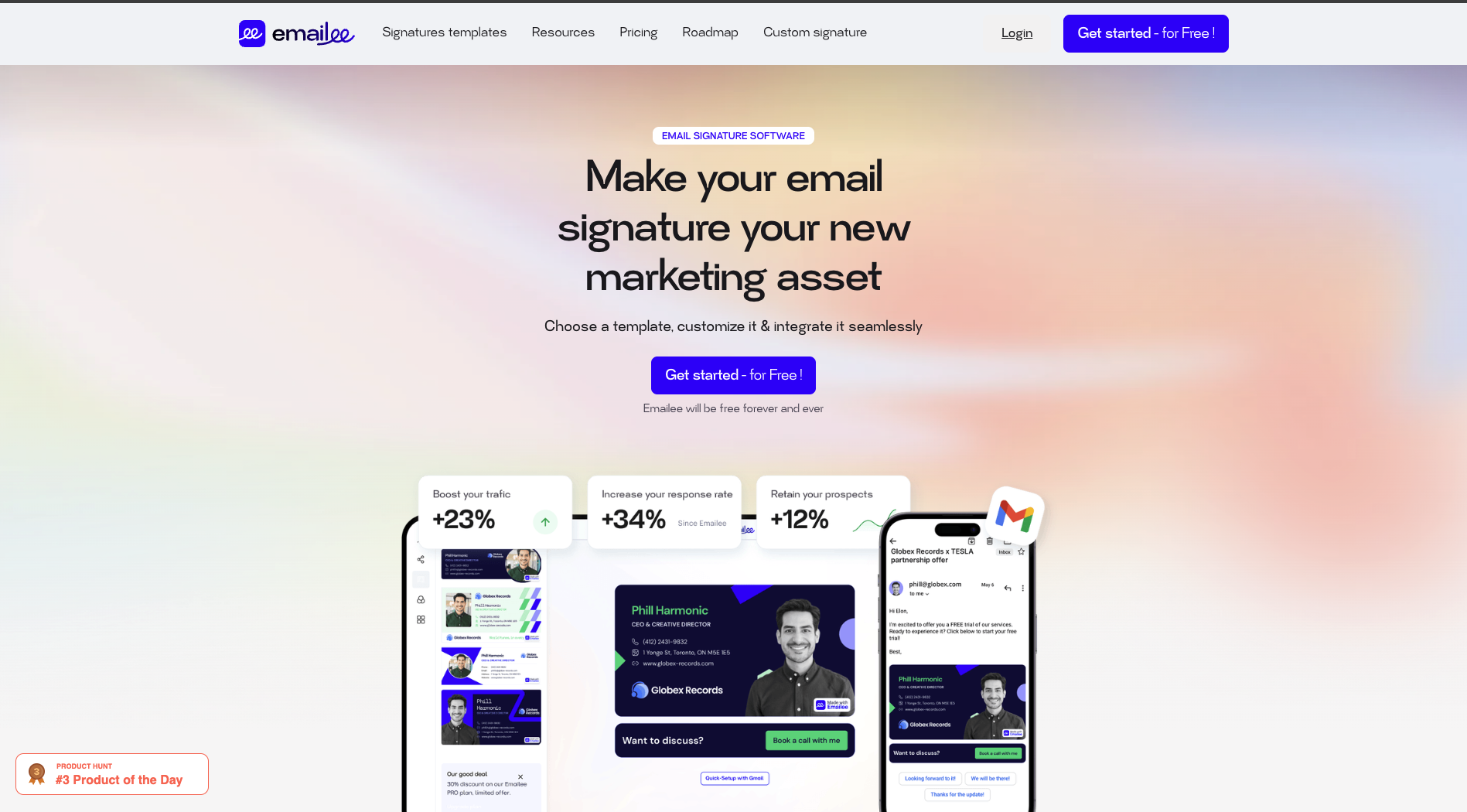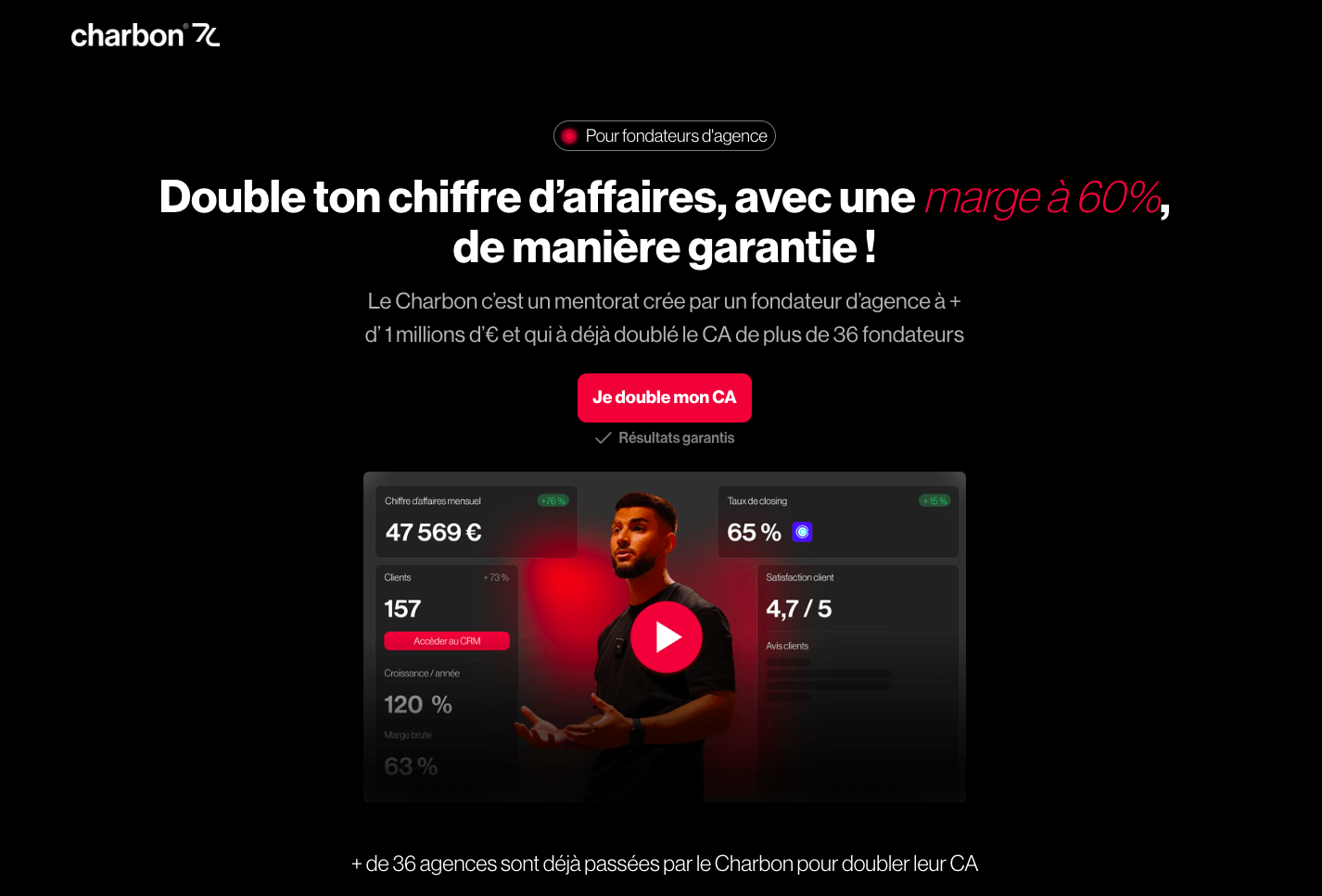In today’s fast-moving digital world, digital marketing for small businesses is no longer optional. It’s a powerful way to level the playing field, build strong customer relationships, and compete with much larger companies—without needing massive budgets. Whether you’re just starting or looking to scale your efforts, this guide delivers the essential tools, strategies, and examples to help you succeed.
What Is Digital Marketing for Small Businesses?
Digital marketing for small businesses refers to using online tools and platforms to promote products or services and engage customers effectively. It includes websites, SEO, email, social media, and paid ads. This marketing approach allows small businesses to reach large audiences, optimize campaigns in real time, and track performance without breaking the bank.
With the right strategy, a small business can:
- Reach broader audiences beyond its local area
- Target specific demographics with precision
- Track performance and adjust campaigns based on results
- Build credibility and trust through a strong online presence
The key is using a focused, flexible, and data-driven approach.
Why Digital Marketing Matters to Small Businesses
Digital marketing is critical because it empowers small businesses to compete in ways that were once impossible. It’s cost-effective, measurable, and scalable. Traditional advertising methods like TV or print are expensive and hard to track. Digital channels, however, offer better reach and ROI.
- Affordable growth: Small businesses can scale without large investments
- Real-time feedback: Track what works and fix what doesn’t
- Customer loyalty: Digital tools let you build deeper connections
- Adaptability: Campaigns can change fast to match consumer behavior
According to recent studies, over 58% of small businesses prioritize digital strategies, with most increasing their digital budgets annually.
Key Benefits of Digital Marketing for Small Companies
Wider Reach for Less
Online marketing enables businesses to target global audiences while keeping costs low. Social media, SEO, and email help businesses find the right people without wasting resources.
High Return on Investment (ROI)
Digital marketing offers excellent ROI due to its ability to target users precisely and adjust campaigns on the fly. A HubSpot report found that companies using digital strategies see up to 2.8x higher growth.
Stronger Customer Relationships
With personalized email marketing, chatbots, and tailored content, small businesses can offer better user experiences. This fosters trust and loyalty, which are essential for long-term success.
Data-Driven Decisions
Tools like Google Analytics help track performance in real time. You can test campaigns, monitor conversion rates, and pivot when needed.
Adaptability and Flexibility
Market conditions shift fast. Digital platforms let you pivot quickly based on results, trends, or customer feedback.
How to Build a Small Business Digital Marketing Strategy
A well-structured digital marketing plan keeps your efforts focused and goal-oriented. Follow these steps:
1. Define Clear Objectives
Know what you want to achieve—lead generation, sales, awareness, or all three. Your landing pages should reflect these goals with a single, focused CTA.
2. Know Your Audience
Understand your ideal customer’s pain points, interests, and behavior. Use this data to create high-converting landing pages and targeted messages.
3. Choose the Right Channels
Select platforms that align with your audience:
- Social media for awareness
- SEO for organic reach
- Email for nurturing leads
- PPC for fast results
Landing pages should match each channel’s goal and message.
4. Develop a Content Plan
Use blogs, videos, emails, or infographics to connect with your audience. Stay consistent, offer value, and optimize content for SEO.
5. Track Results
Monitor bounce rates, CTR, and conversions with analytics tools. Test new ideas, discard underperforming ones.
6. Refine and Repeat
Digital marketing is fluid. Use feedback and data to improve continuously. A/B test your landing pages, tweak your targeting, and keep experimenting.
Six Proven Tips to Boost Your Strategy
1. Audit Your Digital Presence
Review your website, SEO rankings, social media, and online reputation. Identify what works and what needs improvement.
2. Create Valuable, Actionable Content
Produce content that solves your customer’s problems. Use storytelling, visuals, and real-life examples to engage readers.
3. Use Social Proof
Add testimonials, case studies, or reviews to build credibility and trust.
4. Implement Email Campaigns
Segment your email list and deliver personalized content. Promote offers, announce new products, or nurture long-term leads.
5. Experiment with Paid Ads
Start with small PPC budgets. Focus on high-intent keywords and ensure ad copy aligns with your landing pages.
6. Partner with Influencers
Local influencers can extend your reach. Find partners whose audiences match your target market.
Effective Landing Pages: The Cornerstone of Digital Success
Landing pages are essential for small businesses. They serve as focused entry points that guide users toward specific actions—like signing up, buying, or contacting you.
What Makes a Great Landing Page?
- Clear, benefit-driven headline
- Strong call-to-action (CTA)
- Clean, distraction-free layout
- Testimonials or trust badges
- Mobile responsiveness
Optimized landing pages can increase conversions by 25% or more.
Local Digital Marketing for Small Businesses

Local businesses should prioritize:
- Google Business Profiles
- Local SEO keywords
- Location-based landing pages
- Directory listings (Yelp, Apple Maps)
Running geo-targeted ads with matching landing pages increases relevance and boosts conversions.
Where to Find Great Marketing Templates
Explore platforms like:
- Canva (marketing plans, email templates)
- ClickUp (campaign planning)
- Smart Insights, HubSpot, and Envato for strategy blueprints
These free templates are useful to get started, but their features remain limited compared to the benefits of personalized support from ConvertLab. With a tailored strategy and optimized landing pages, you can truly maximize your results.
Average Costs of Digital Marketing for SMBs
Monthly budgets usually fall between $2,000 and $6,000, though growth-focused businesses may spend up to $20,000. Cost breakdowns:
- SEO: $1,500 to $5,000/month
- PPC: $1,000 to $10,000/month
- Content marketing: variable depending on volume
Aim to invest 5% to 10% of annual revenue into digital marketing.
Most Popular Marketing Channels for Small Businesses
Landing Pages
Custom-built to convert, these are crucial to every digital campaign.
Social Media
Use Facebook, Instagram, LinkedIn, or TikTok to build community and brand awareness.
Email Marketing
With an average ROI of $42 for every $1 spent, email remains unbeatable for nurturing and converting.
Search Engine Optimization (SEO)
Helps you rank organically. Focus on local SEO for immediate gains.
Paid Advertising (PPC)
Use Google Ads or Meta to reach specific audiences quickly.
Content Marketing
Educational blog posts, videos, or infographics establish your expertise and attract traffic.
Influencer Collaborations
Build credibility by tapping into an influencer’s loyal following.
Where to Learn More: Digital Marketing Courses
Check out courses from:
- HubSpot Academy (inbound & content marketing)
- Google Digital Garage (SEO, analytics, certification)
- LinkedIn Learning (comprehensive, subscription-based)
- Coursera (university-backed options)
- Udemy (affordable, beginner-friendly)
Final Thoughts: Is Digital Marketing Worth It?
Absolutely. Digital marketing for small businesses provides the visibility, agility, and data insights needed to thrive. Even with limited resources, SMBs can see up to 20% more revenue in the first year by adopting smart digital strategies.
Build a strategy that includes strong SEO, engaging social content, and well-crafted landing pages. Focus on learning, testing, and adapting. With the right mindset and tools like ConvertLab, any small business can succeed online.
Start small. Think big. Grow fast.












